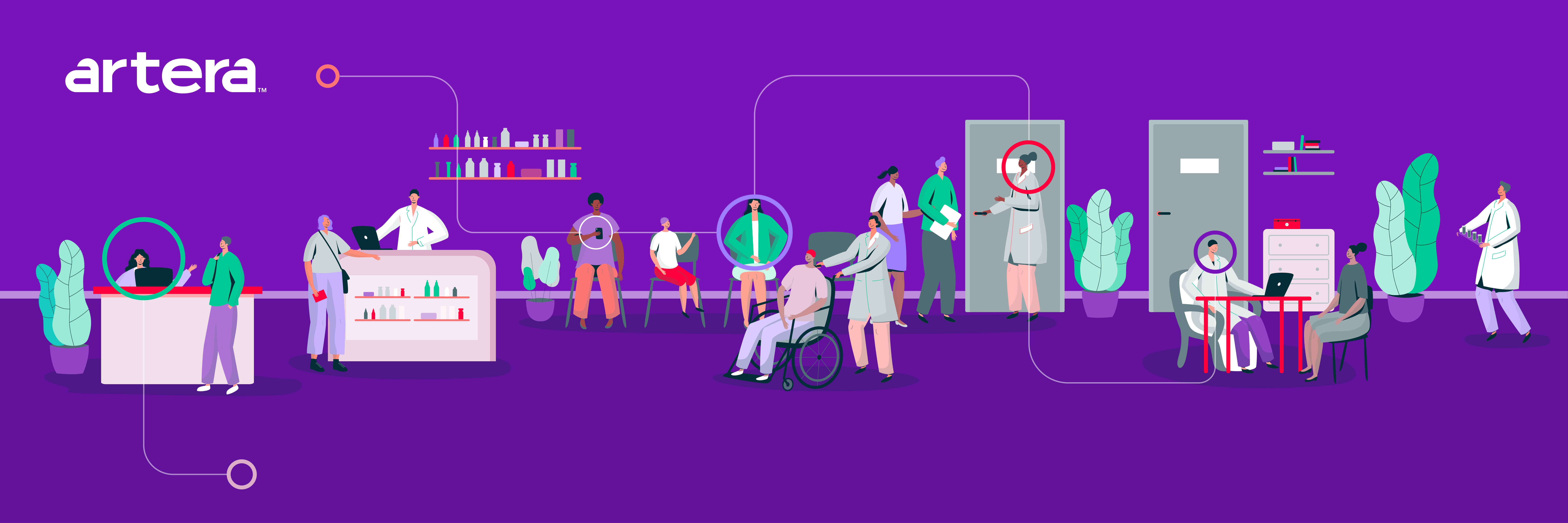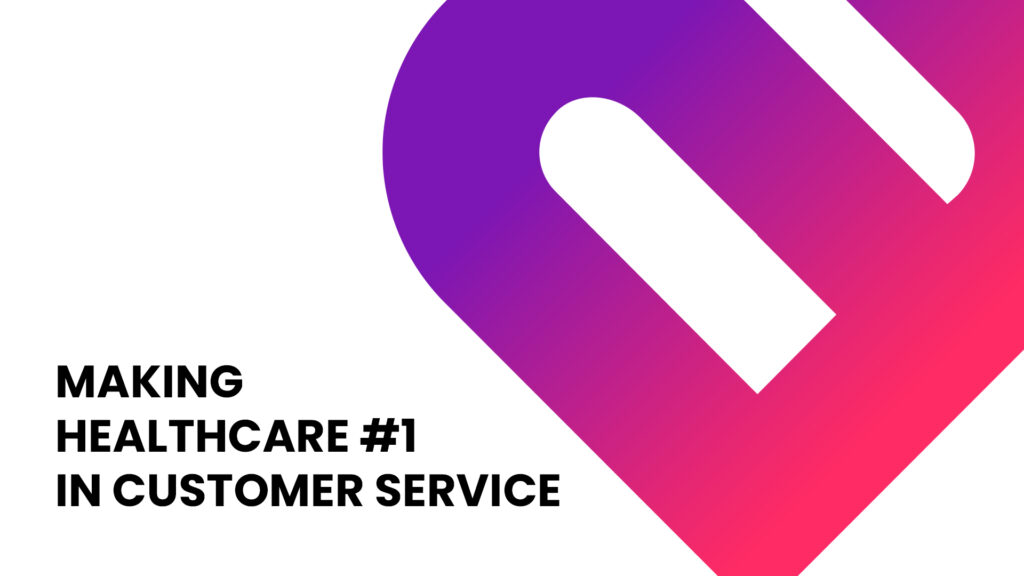The State of Clinical Support Staff
Research insights on support staff burnout, its impact on patient care, and trends in patient communication.

The first two years of the pandemic pushed clinical support staff to their limits. From disruptions to in-person care, massive amounts of coordination, new regulatory requirements and more, the stress created by ineffective patient communication, exacerbated by the pandemic, led to epic levels of burnout.
Since then much has changed in the healthcare system, including a surge in digital innovation.
So, how have these trends affected staff? We wanted to find out. In a new report of more than 300 clinical support staff including nurses, physician assistants, frontdesk/reception and other medical professionals, we found that burnout and other problems are still high yet on the decline.
Read the free report to learn more.
2022 Report
Key Findings
Clinical support staff burnout remains high, though lower than pandemic peak
In 2022
In 2021
Adoption of digital patient communication tools continues to increase
Clinical support staff burnout impacts care quality
Clinical support staff believe digital patient communication can help improve access and outcomes
According to the report, clinical support staff believe this about digital patient communication

Check out the full report
without having to give us your email address!

The wellbeing of clinical support staff has a cascading impact on healthcare. In many ways, they are the front lines of care, and they often are among the first to engage and set the tone for the rest of the care journey. Addressing their burnout is critical for provider success and delivering patient-centered care that results in better health outcomes.
Meg Aranow
SVP, Platform Evangelist, Artera
Learn More
How Artera Improves Staff Burnout
The report suggests one of the biggest factors in alleviating staff burnout is the use of digital patient communications which help to ease staff workloads by:
Automating time-consuming patient communication
Reducing the number of phone calls
Eliminating repetitive tasks
Artera delivers a platform-level patient communications solution that integrates across a health system’s tech stack (EHRs/EMRs, single-point solutions, apps, and more) to deliver patients a simple, cohesive communications experience while reducing workload for healthcare staff.
By unifying disjointed communications and information into a single channel for patients (texting, email and/or IVR) Artera fuels healthcare providers to deliver healthier patients, more efficient staff and more profitable organizations. The Artera platform helps 800+ unique health systems facilitate 2.2 billion messages for 100+ million patients.
Read More
Related Resources

2021 Study: Clinical Support Staff Burnout Linked to Patient Communication Challenges
Reaching out, responding to and reassuring patients at every turn during COVID-19 — whether about how to join a telehealth…

Enterprise Communication Platform
Solution Overview Executive Summary As patients continue to have more options for their healthcare providers, offering a patient experience that…
